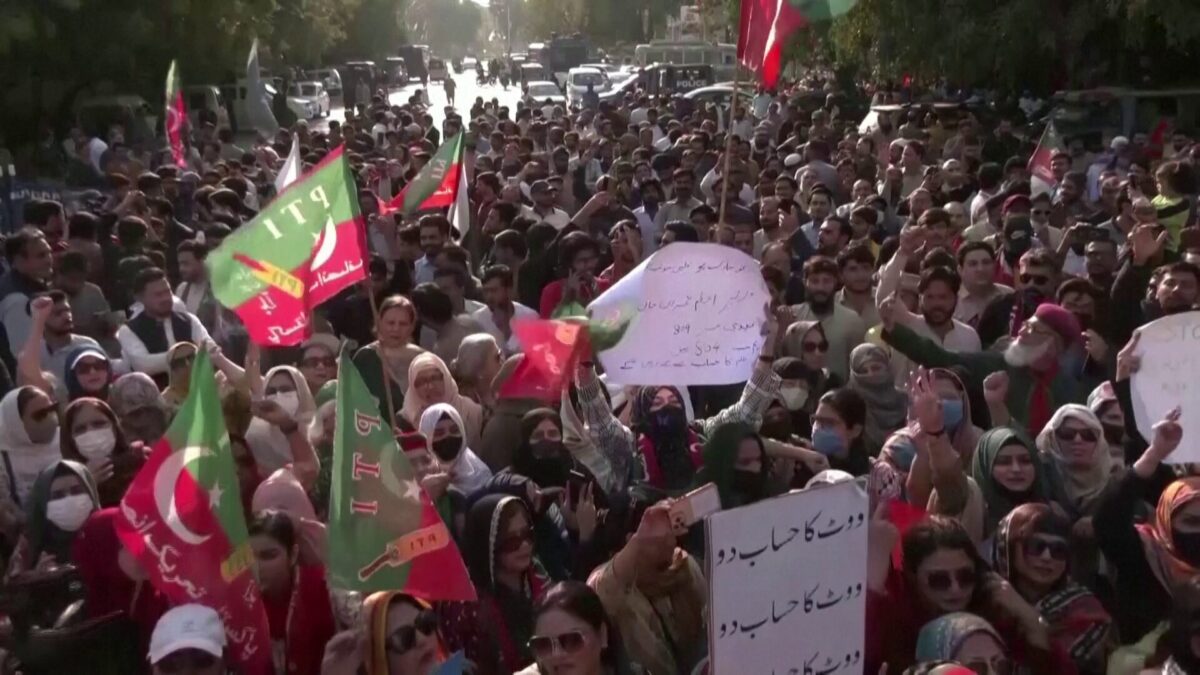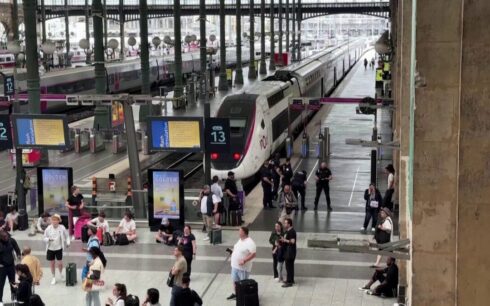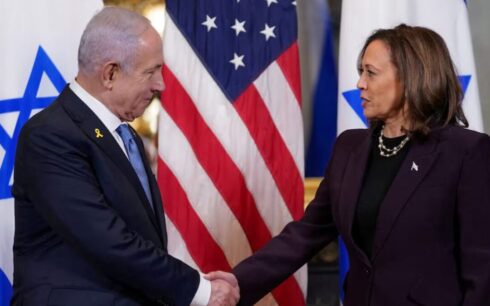Following Pakistan’s national election, which ended without any party securing a majority in parliament, uncertainty is growing among citizens about the formation of a new government.
Independents, supported by jailed ex-Prime Minister Imran Khan, led with 93 of 264 seats in the final election results.
The party of another former prime minister, Nawaz Sharif, followed with 75 seats, making it the largest single party in parliament, although Khan’s independents ran individually.
Karachi-based political analyst Amir Zia told Reuters, “There will likely be a coalition government, but intense negotiations are expected among political players.”
A prime ministerial candidate must secure a simple majority of 169 seats in the National Assembly in the upcoming session. In Lahore, Sharif’s party commenced negotiations on Sunday, Feb. 11, with the Pakistan Peoples Party (PPP) of Bilawal Bhutto Zardari, which won 53 seats, to form a parliamentary majority.
Lahore residents have expressed skepticism about the election results. Ahmed Umar, a local bank employee, stated, “The polls appear rigged. No government formed under these conditions, whether a coalition or led by PMLN or PPP, will last.”
Several parties and candidates have protested the results, alleging rigging. While Pakistan Tehreek-e-Insaf (PTI) supporters blocked traffic in Peshawar, a larger protest threatened by the party was called off.





